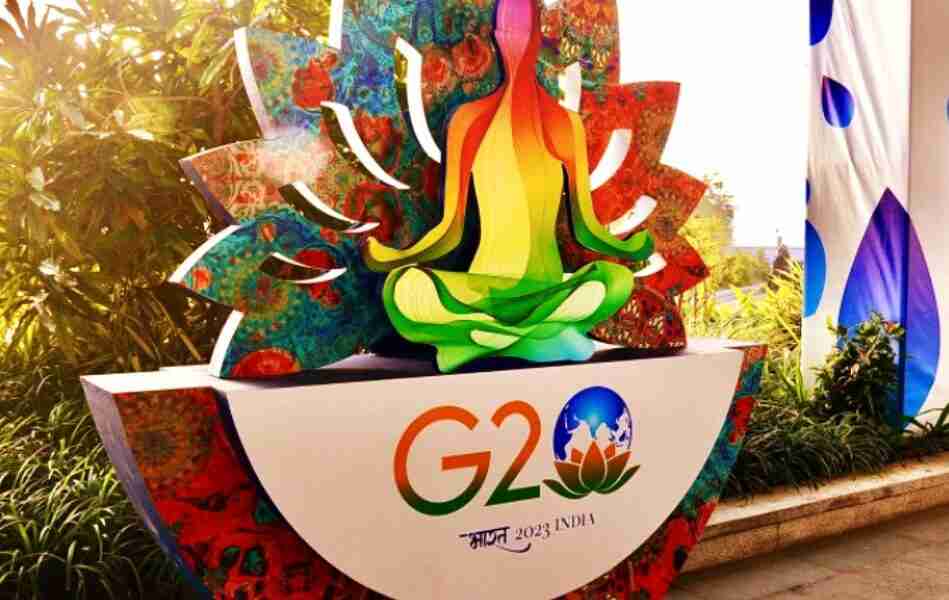The Indian Prime Minister Narendra Modi has often highlighted his vision of India as the voice of the Global South during his presidency of the G20, and the country has ensured to walk the talk with its focus on raising concerns on several issues. From hosting a virtual summit for the Global South to pushing for Africa to become part of the G20 Cohort, there is no doubt that India is playing a pivotal role in re-engaging the Global South during this critical year.
The G20 is widely considered the world’s premier international economic forum, and the grouping has a unique opportunity to shape global politics. The bloc’s focus on development, finance, and trade issues allows it to provide a platform for developing countries to address their needs and ambitions in an increasingly complex world. It also provides a crucial forum for developing countries to push for reforms in global governance, including multilateralism and financial architecture.
For this reason, the G20 is viewed as the most powerful and influential international forum in the current global political environment. As a result, developing countries have high expectations of its presidency and have a solid incentive to leverage the G20’s leadership to make it more inclusive.
But, as the G20 prepares to meet this week in Buenos Aires, the country faces some thorny challenges. For one, the bloc’s rifts on the Ukraine war threaten to delay the release of the Summit’s Leaders’ Declaration. While Russia and China are against blaming Moscow for the war, Western countries have sought a strong condemnation from the G20 as a prerequisite to a joint statement.
As the conflict escalates, it is clear that both sides have made their calculations, and the G20’s ability to tackle the current global crisis effectively is being tested at its limits. This is when the G20 must be prepared to step up to its core responsibility and not remain bogged down by internal bickering.
While the G20 is the world’s leading economic forum, its member countries must be more united in dealing with the Ukraine war. The division is not just between the Western powers and Russia but also among some of the developing world’s most prominent economies, such as China and India. In this climate, the G20 needs to be more inclusive and reflect the changing geopolitics of our times. This will help the G20 live up to its name and contribute meaningfully to global stability and prosperity. Ultimately, the global south has high hopes for the G20 presidency under India’s leadership.



